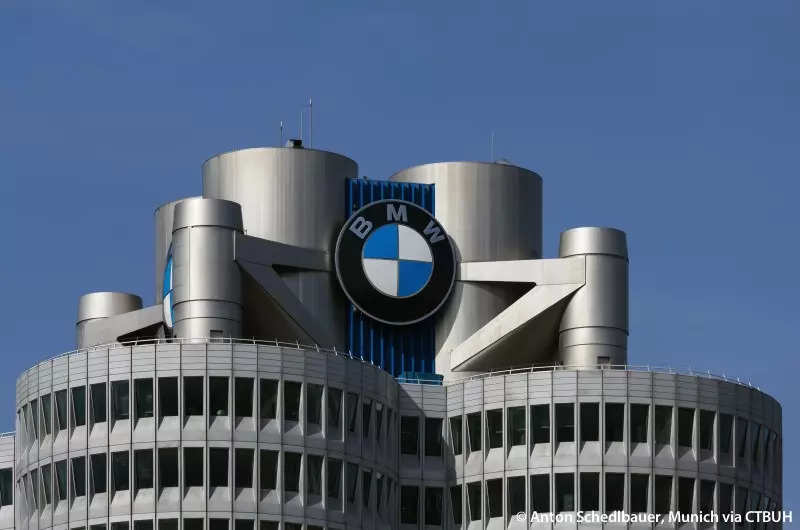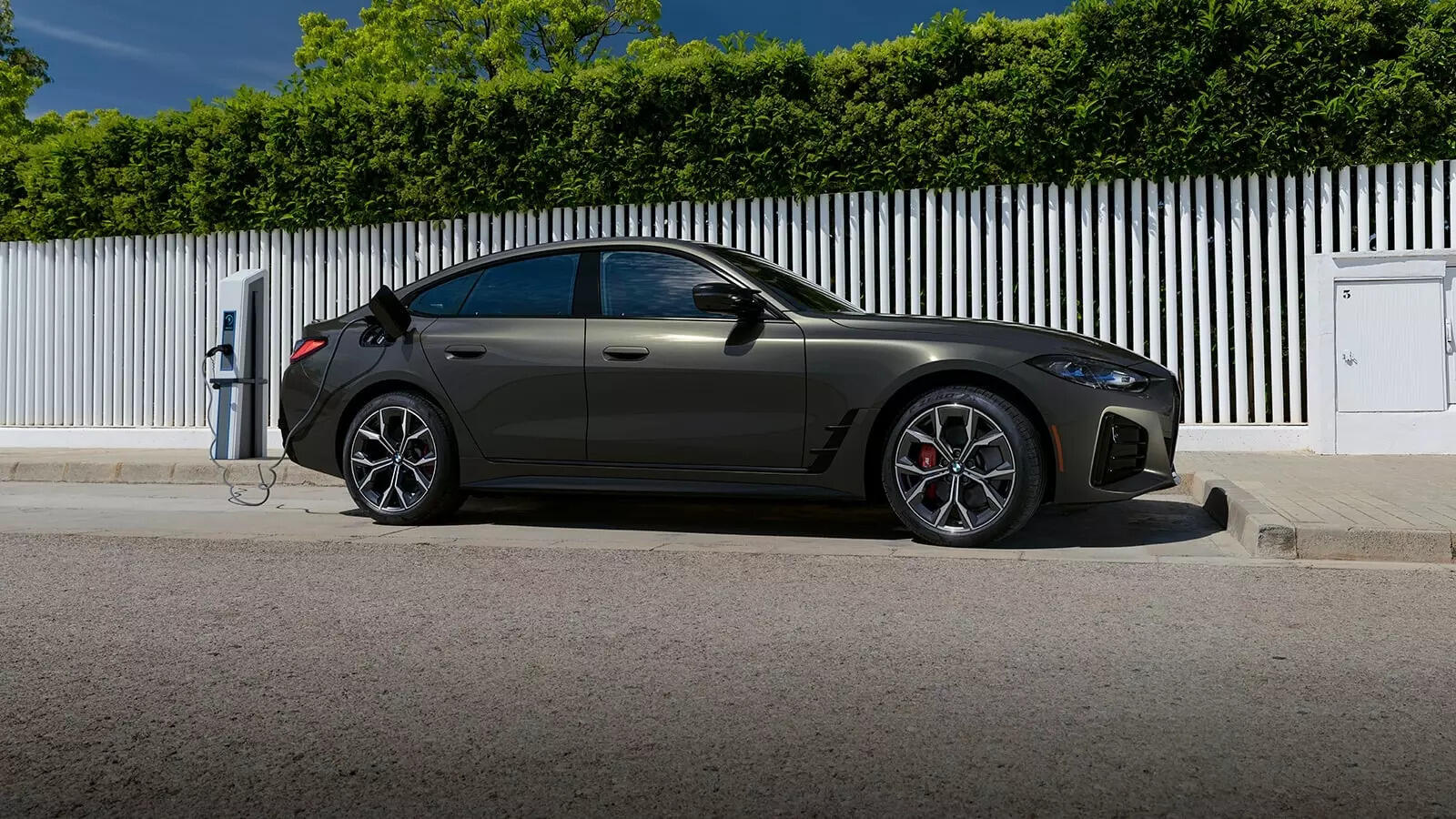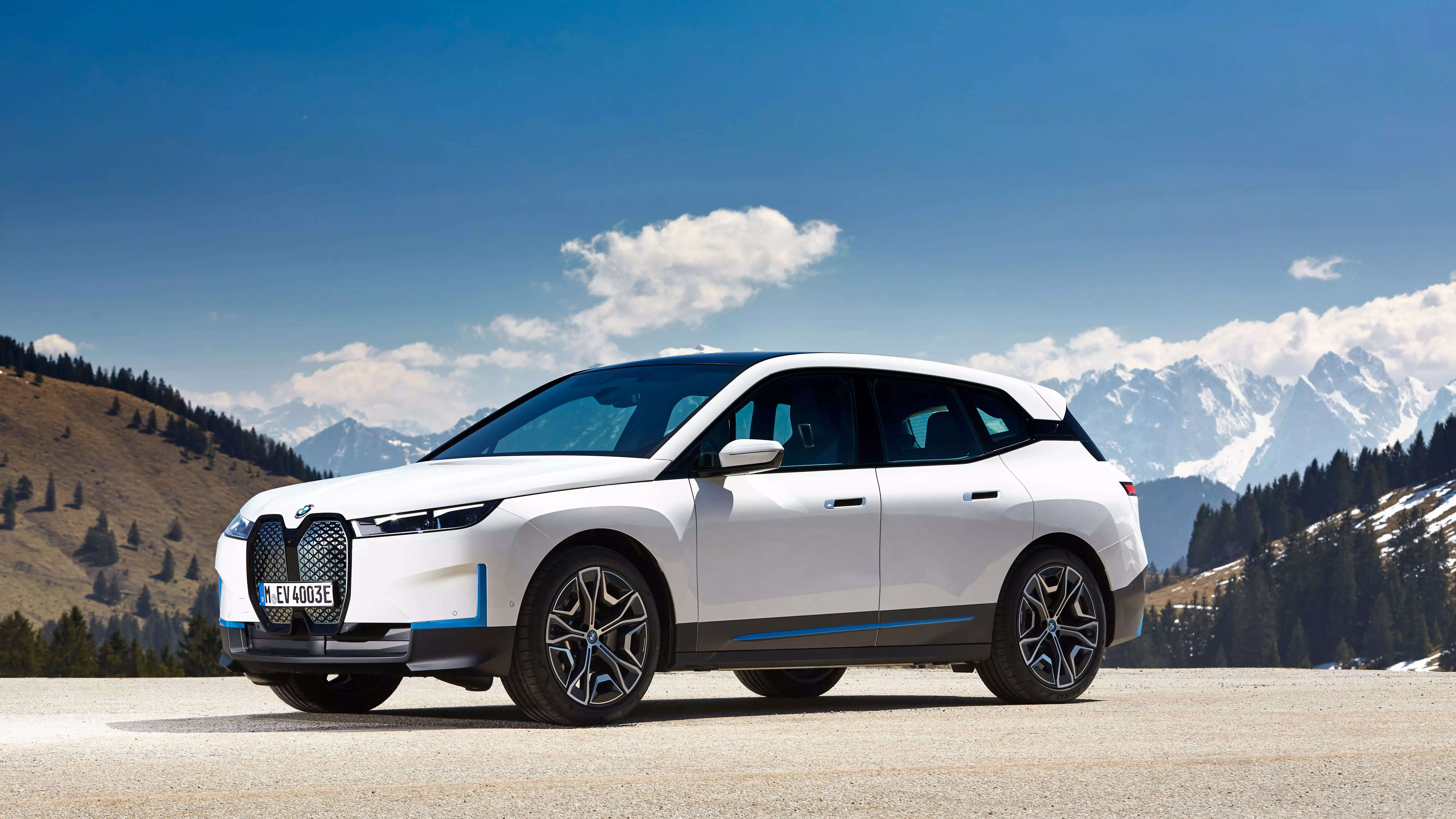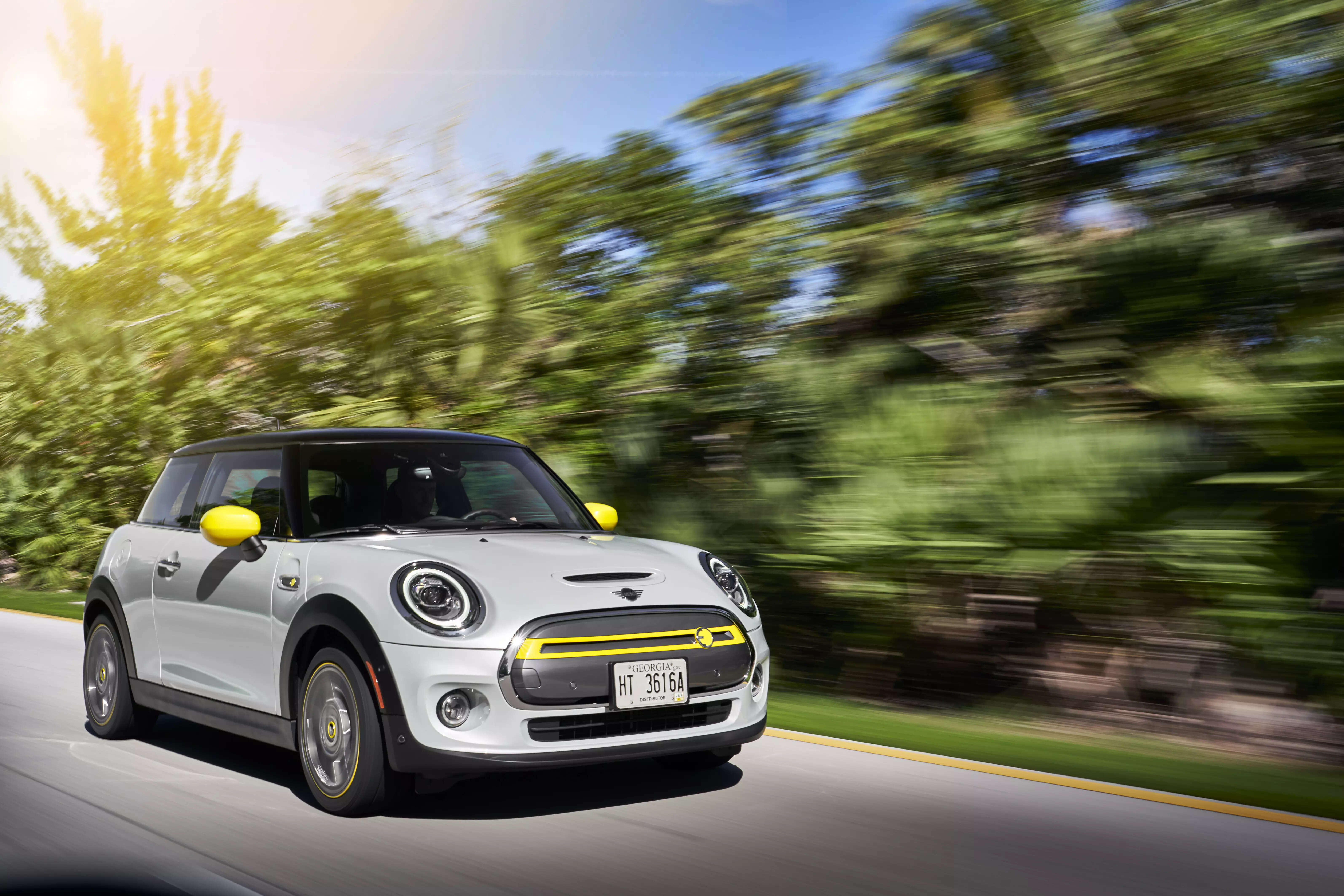
In the footsteps of compatriots Mercedes Benz and Audi, Munich based BMW is all set to make its big foray into electric mobility in India. The company is planning to bring its pure electric versatile model iX next month followed by the Mini Electric and i4 in under 6 months.
The company said the launches are a testimony to its commitment to electric mobility but added that it would love the government to bring down import duties for such vehicles for them to gain acceptance and momentum in the market. All the three vehicles would be fully imported into the country and as such attract steep import duties of over 100 percent.
“We are doing our bit. Globally we have already announced our commitment of 25 electrified models by 2025 which was then advanced to 2023. Today we are extending that to India in keeping with my promise that whenever any electric models are available, we will bring them to India,” said Vikram Pawah, president and CEO, BMW India. “These will all be completely imported into the country for now as neither are there enough volumes nor the technology available here to localise them.”

The main highlight of the line up is the iX, which is the company’s new technology flagship and its first model to not carry a numeral in its name. In the production of the model at its factory in Dingolfing in Germany, BMW claims it is using 100 percent green electricity with no use of rare earth metals or raw materials from deep-sea mining. It is powered by two electric motors (for front and rear axles) which gives it a peak output of 326 bhp and enables it to accelerate from 0 to 100 km/hr in 6.1 sec. Its high voltage lithium ion batteries are made up of ten modules each with 18 cells with net energy content is 71 kWh (gross energy content: 76.6 kWh) which gives it a range of 425 kms on full charge.
These launches follow the EQC by Mercedes Benz last year, the Audi etron and Jaguar iPace earlier this year. Like the others, BMW India also believes a cut in duties for such products would go a long way in helping the segment grow. The Mini Electric and i4 will be produced and imported from Oxford in the UK and Munich in Germany respectively.
“It is a myth that high import duties hamper local production. If that was the case India would not be one of world’s largest bases for two wheelers because import duties in that segment is 40 percent,” Pawah said. “It is an early stage for EVs at the moment. There are a lot of uncertainties on infrastructure, demand generation and taxation. We need to create the demand first and for that we are asking for the technology to be fast tracked into the country.”
“We are not asking for a cut in duties forever nor are we recommending it be zero. It can be time bound for 3-5 years and targeted at a specific segment with a cap of say 10-15000 units per annum so that the overall industry is not impacted,” he added. “Right now even CKD doesnt make sense because some of it needs to be localised and unfortunately for the luxury segment nothing is made here right now. So a subsidized rate of import duty will allow the technology to be brought to India.”
To encourage domestic production of EVs, the government offers a differential GST rate of 5 percent while traditional combustion engine vehicles are taxed between 29-50 percent. Pawah said a similar gap in import duties will offer sufficient encouragement to the industry.
“Even if the government doesnt do it, our plans will not change but ofcourse the progression will be slower,” Pawah said.
Also Read:

















